(In this edition of THE SYNN REPORT for July 2018, Andy reviews all the albums recorded to date by the California rock band Boy Hits Car.)
Recommended for fans of: Tool, Incubus, Leprous
I don’t know about you, but the changing of the seasons always has a notable effect on my listening habits.
Now, I’m not saying that I suddenly start jamming Peruvian pan-pipe music or Eastern European techno as soon as the flowers start to bloom, but there are definitely certain bands or certain styles of Metal which I find myself listening to more often in Summer, and some albums/artists who tend to get spun more often at the heart of Winter…
Case in point, the bouncing grooves and blissed-out melodies of Boy Hits Car always seem to make their way back into rotation whenever the sun begins to shine, as their upbeat energy and heartfelt, hippy-ish vibes just fit perfectly with the longer days and clearer skies of the Summer months.
Try not to be put off by the fact that the band’s music is generally described as “Nu-Metal” though, as the group are far sharper, and far smarter, than that label might suggest, and tend more towards the artsy, rather than the angsty, to the point where several tracks make liberal use of slightly more esoteric instruments like twelve-string acoustic guitar, flute, or tabla drums, as a way of expanding the Californian quartet’s creative and sonic palette.
BOY HITS CAR – 2001
Skipping past the band’s debut, My Animal, which was perhaps a little too scrappy and under-promoted to be taken seriously at the time (to the point that the band would go on to re-record several songs from it for this, their self-titled album), the sparkling introductory chords of “The Rebirth” likely served as most people’s first exposure to Boy Hits Car and their self-described “Lovecore” sound, a mix of Tool-ish progginess and shamelessly infectious, Incubus-esque melody that’s as ear-pleasing and hook-heavy as it is surprisingly riffy and rhythmically powerful.
The song itself, “Lovecore (Welcome To)”, is a bass-led groover which seems designed to get heads nodding and hips shaking in equal measure, while the extravagantly-titled “As I Watch the Sun Fuck the Ocean” goes for a more aggressive approach, balanced with a humongous chorus refrain and some moodily introspective moments, after which “I’m A Cloud” marries some brilliant bass and drum work to some nicely chunky riffery and an overall sense of electric energy.
“Man Without Skin” is the sort of song which could have (and probably should have) been a major hit single, given the right level of support and exposure, as the soaring vocals of Cregg Rondell are absolutely huge, and the instrumental backing is as rhythmically irresistible as anything you care to mention, while the quiet/loud, sweet/crunchy, dynamic of “A Letter From Prison” and the more intricate and proggy strains of “Unheard” provide a nice direct comparison between the simplest and most complex sides of the band’s sound.
With “Going to India” the group fumble things a little, delivering an awkward mix of overly-clichéd Nu-Metal riffage and saccharine, painfully unsubtle lyrics, however they quickly get back on the ball with the triumphant “Turning Inward”, with its nimble bass-work, high-fidelity hooks, and instantly memorable chorus.
And although “Benkei” is probably one of the more forgettable songs on the album, the band smartly end things on a high note with the introspective prog-out of “Before We Die”, which is far closer to the quieter, quirkier end of Pink Floyd than it is to the melodramatic metallic morsels of many of the quartet’s own post-millennial contemporaries.
THE PASSAGE – 2005
On The Passage the group were already showing signs of moving away from the more overtly Nu-Metal stylings of their self-titled in favour of something a bit looser and less easy to define (though that didn’t stop people still using the label, obviously).
Following the dreamy intro of “As Day Fades…” the album kicks off properly with the multi-layered string work (the clever interplay between bass, electric, and acoustic guitar really is something special) and heartfelt hooks of “Tonight”, before quickly segueing into the subtly proggy radio-rock of “Escape the World”, which really showcases the band’s self-admitted debt to Jane’s Addiction.
The anthemic “The Sound of a Breaking Heart” is up next, and once again pays tribute to the band’s Alt-Rock influences and inspirations – while still sounding nicely distinct in and of itself – and, in doing so, also helps further distance the group from the more bullish and boneheaded Nu-Metal associations which still cling to them.
Straddling the line between Tool and A Perfect Circle (two other acts who have wrestled with the Nu-Metal tag at different stages of their career), “These Burning Memories” puts a little more onus on Rondell’s emotive, extroverted vocals to carry the day, though that doesn’t mean that the rest of the band are in any way asleep at the wheel, as the prog-tinged outro to the song provides a seamlessly smooth transition into the contemplative calm of “Windswept”.
“Love’s Subtle Scheme” resuscitates the early Tool comparisons once more, albeit with a much more stripped-down and straightforward (not to mention sun-kissed) approach than anything Maynard and co. have produced since Undertow, and I hazard to suggest that a good number of you will find it hard not to groove/sing along to this one, after which the poppy, punky vibes of “Forever and a Day” should finally banish whatever remaining cynicism you have left.
With “Everything” the quartet make their first major misstep, by delivering the sort of sickly, utterly banal balladry that would frequently turn the airwaves into a non-stop stream of syrupy schmaltz back in the early 2000s and, despite their best efforts, neither the sleek bass lines and chunky guitars of “You Don’t Care” or the proggier, more solemn strains of “Beneath the Sea’s Bed”, are quite able to immediately set things right again.
But while this does mean the album suffers from something of a penultimate lull in energy and efficiency, the somber melodies of “This Song’s For You” do indicate that all is not lost, and the climactic pairing of the righteously riffy “All The Love We Hold Inside” and the slow-burning title-track (all seven and a half minutes of it) ensure that things still end in a suitably strong manner.
STEALING FIRE – 2011
Stealing Fire is probably my personal favourite of the band’s albums (even if it would probably benefit from a little bit of judicious pruning of its tracklist), possessing what feels like (to me at least) a more energetic, often more guitar-driven, sound than its predecessors.
The slinky drums and funky, pop ‘n’ slap, bass work of “Move With Me” provide a great foundation for the song’s sharp melodic hooks and effortlessly catchy chorus, all augmented by a much bolder and beefier guitar tone, something which also maintains a prominent presence throughout the punchy “One Kiss Away” (where it’s also cleverly mingled with some subtle clean/acoustic touches).
“Stealing Fire From The Sun” continues the band’s proto-Tool exploration of post-Nu-Metal sounds and moody, pseudo-prog melodies, with Rondell’s crisp, clear vocals continuing to captivate and beguile throughout, after which “Embrace” kicks the energy levels up another notch while also finding ample room for yet another big, ebullient chorus refrain.
And although “Dreams” is a tad generic compared to the rest of the album, “Eager Tempos” possesses the same mix of extravagant melodies, poppy hooks, and subtly clever instrumental interplay which made the most recent Leprous album such an unabashed joy to listen to.
The introverted, quiet/loud dynamic of “It’s Alright” provides another key showcase for Rondell’s furiously passionate vocals, and serves as a nice contract for the more extroverted, punky stylings of “A Madness Called Love” (which, in my opinion, is one of the best tracks on the album), although, unfortunately, the follow-up of “Erifsievol” is a bit of a non-entity overall.
It’s not a bad track, not actively at least (in fact its finale drifts very close to turning into a Devin Townsend song at times), but it’s definitely one of the album’s lesser numbers. Thankfully, “Metaphwhore” is a much more interesting piece of work, melding some intriguingly intricate bass and drum patterns with a mix of nimble melodic fretwork and fiery, upbeat riffage, as well as an array of undeniably impactful vocal hooks.
An unexpected cover of John Denver’s “The Eagle & The Hawk” makes for a pleasingly tuneful diversion which, although not necessarily adding much to the album overall, is still clearly a heartfelt tribute to the original which the band have attempted to make their own, after which the rippling acoustics and whispering flute of “She Ran Away” guide the listener into the ambitious, ten-minute prog-out of “Rhythmical Gestures”, whose utterly sublime bass work hints back to some inherent Primus influences, and whose slow-burn, slow-build approach to songwriting carefully doles out new elements and new ideas at a perfectly measured pace so that your attention is never tempted to drift or waver.
ALL THAT LED US HERE – 2014
The band’s most recent album (though, apparently not their last, as a new record is scheduled for release soon according to the group’s own website) is another refinement of their now instantly-recognisable sound, beginning with the bouncy riffs and bright melodies of “Silhouettes Fade” and the shamelessly poppy “Battles of the Heart”.
It really picks up steam with “Anxious But Gradual Rhythms”, however, which finds the guitars being given a welcome dose of extra muscle and energy without losing their shining melodic heart, and which then transitions seamlessly into the similarly riffy, but rhythmically far more slippery, “Quiet Storm” (a song which, despite its name, is probably one of the band’s heaviest).
“The Extremist” is a fun little ditty, with a nice line in bass/drum interplay, that’s undercut a bit at the end by some painfully on-the-nose lyrics, but which generally succeeds on the basis of its sheer sincerity and enthusiasm, while “Ocean Equation” goes for a slower, moodier approach, whose darker, more brooding style actually works extremely well as an effective bit of contrast to the band’s usually more positive, up-tempo delivery.
Some of this darker aura then leaks over into “Come On”, in the form of some eerie, Ænima-esque melodies and hypnotically hooky riffs, after which the crafty tribal rhythms and relentlessly catchy riffage of “Ourglass (As Time Slips Away)” doubles down on the Tool comparisons, albeit with slightly less proggy pretension and slightly more soulful sentimentality, before the brazenly disposable pop-core of “What’s On Your Mind (Pure Energy)” takes things in an entirely different (and not necessarily entirely recommended) direction.
Fortunately the minimalist acoustic guitar and vocals of “Can’t Run From Yourself” serve as a nice palette cleanser to wash away the overly sugary taste of the previous track, and make it possible to properly appreciate the supple, hip-moving rhythms and exotic melodic arrangements of the album’s aggressively animated finale “Daregveda”, which closes things out on in unexpectedly forceful fashion.

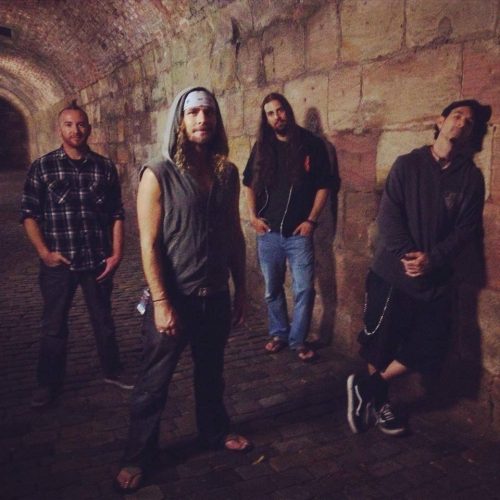
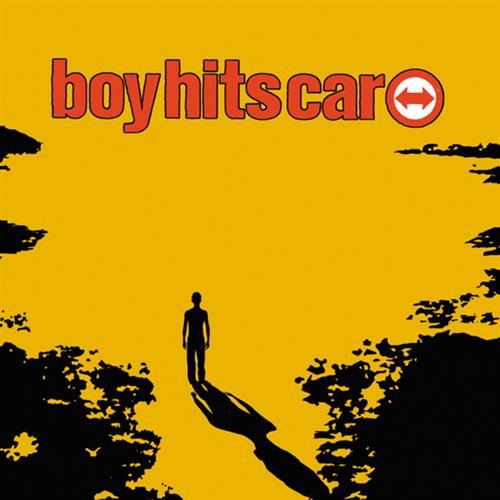
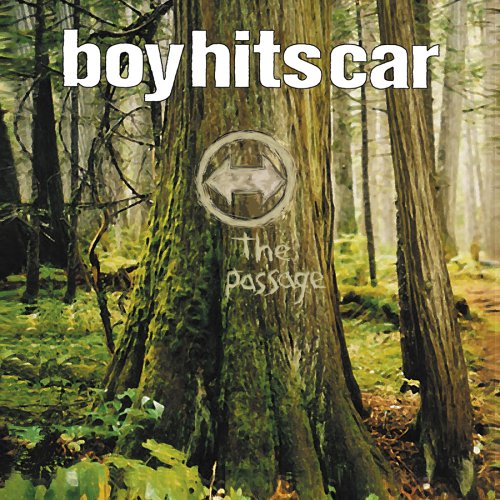
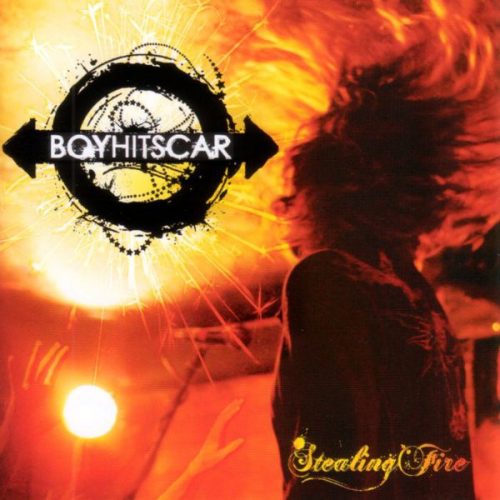
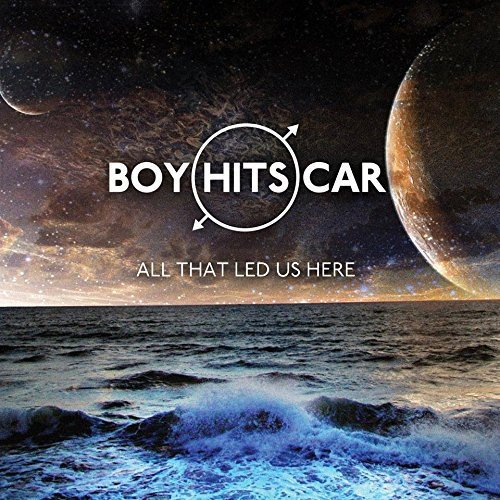
<3 these guys. the vocalist does 40-50 foot stage dives into the crowd. has great energy and great hair. i disagree that everything was a mistep. its helped me reassure myself thousands of times to not let anxiety and worry get to you but to just live in the moment. its in my top fav tracks by them for sure. along with going to india, as i watch the sun fuck the ocean, cant run from yourself. and all the rest if i could fit them. ^^